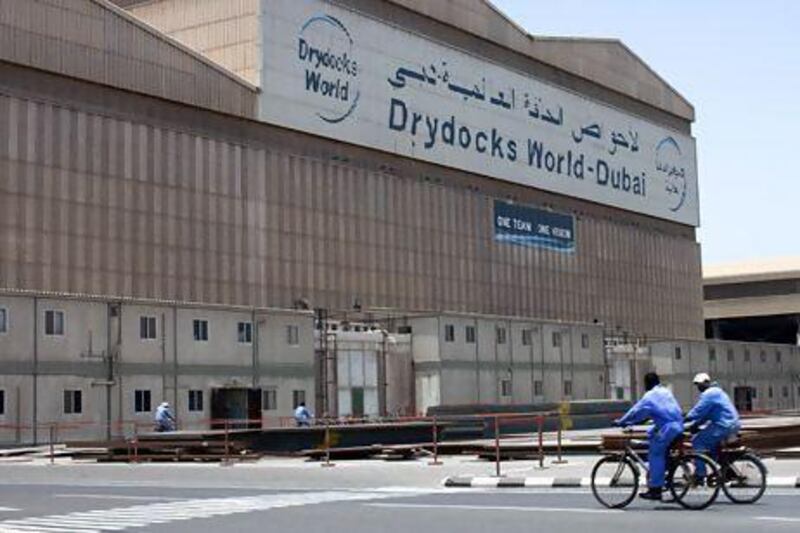Decree 57 was a piece of Dubai legislation that was never really intended to be used. When the decree was issued in 2010 as part of the process of restructuring the US$25 billion debts of Dubai World, it was hoped that the mere threat of bankruptcy procedures would persuade creditors to the company to negotiate a mutually acceptable solution.
As an instrument of persuasion, it was more stick than carrot. Creditors holding out against an agreed settlement would be forced by the new legal process to accept the terms on offer to the majority of creditors.
It worked. There were no "holdouts" in the Dubai World restructuring.
However, the decree was eventually used by another Dubai company, Drydocks World (DDW), which had got in trouble over repayment of a $2.2bn loan taken out before the financial crisis to fund expansion in South-east Asia. When DDW effectively declared itself bankrupt and invoked the decree, it probably expected creditors would follow the example of Dubai World, and fall in line with settlement proposals.
The vast majority did. The notable exception was (and remains) a United States hedge fund, Monarch Alternative Capital, which specialises in distressed debt. While nearly 98 per cent of DDW creditors went for the new repayment terms, Monarch exercised its right to pursue recovery in legal actions against DDW wherever it thought it might be able to have its claims against assets enforced.
Monarch notched a notable victory for this strategy when it won a legal action in the United Kingdom for the recovery of most of its $46 million of debt.
DDW faced the threat of rolling legal actions around the world, with Monarch picking its fights in whatever jurisdictions it thought might award it access to DDW assets. This week the Dubai World Tribunal acted to head off that threat. In a special hearing, Sir Anthony Evans, the tribunal chairman, and his two colleagues were asked to issue an injunction aimed at halting Monarch's global legal campaign.
Michael Crystal, the British barrister hired by DDW to argue its case, told the tribunal that Monarch had effectively bound itself to the Decree 57 insolvency proceedings, and should be governed by them.
He said Monarch had already received some repayment of debt, on the same terms offered to other creditors, further binding it to the insolvency process; he argued that if DDW was forced to defend multiple actions around the world, it would impair its ability to adhere to the agreed repayment terms for all creditors.
Furthermore, he added, "Monarch has to know that this tribunal means business."
He pleaded all this to the tribunal, but where you might have expected a public rebuttal and a verbal punch-up from Monarch, there was nothing. The American firm was not present or represented in the tribunal, giving the proceedings a rather surreal quality, like a one-horse race. "The fact Monarch isn't here makes the tribunal's job more difficult," observed Sir Anthony.
The tribunal is taking its time before going public on its ruling, but it looks as though it is minded to accept the broad outline of DDW's case.
It might be difficult for a Dubai tribunal to order other courts, in different jurisdictions, to halt proceedings already under way, but it can discourage Monarch from bringing new actions by issuing a letter of request to other courts not to allow the Americans to start legal proceedings against DDW.
The issue is really something of a test case for the DIFC Court's legal system and the bankruptcy procedures launched by Decree 57.
If other courts comply, it means the rest of the world regards Dubai law, as it applies to corporate bankruptcy, as complying with international best practice. If successful, it would mark another step on the path to developing a "soft" legal infrastructure to go with Dubai's renowned "hard" infrastructure.
If it fails, it's back to the drawing board for Dubai lawyers, at least with regard to bankruptcy, and the beginning of a long and expensive legal process for DDW.





